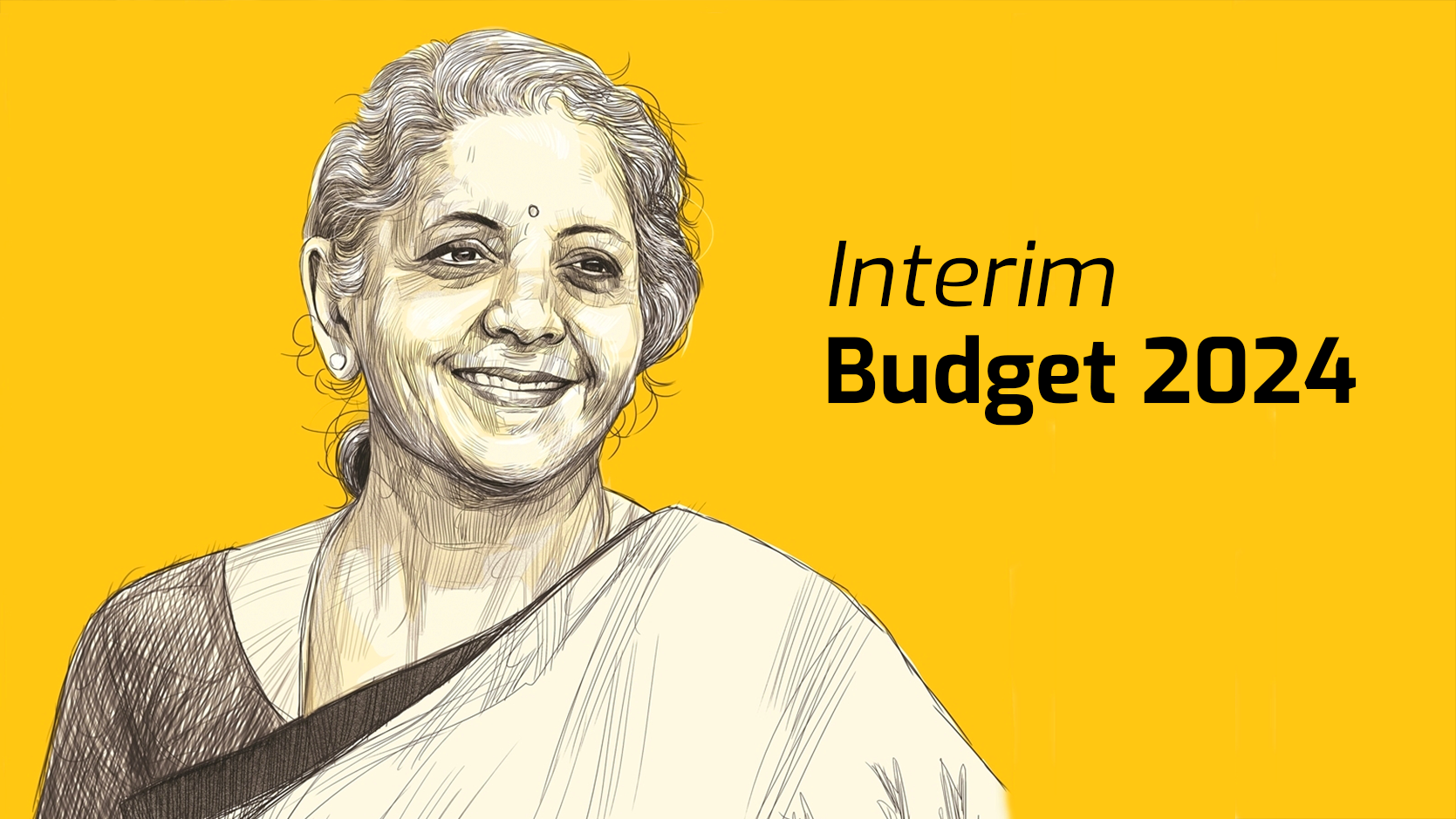What is UPSC: The Union Public Service Commission (UPSC) is a constitutional body established under Article 315 of the Constitution of India. It is responsible for conducting recruitment examinations and appointments to various civil services of the Government of India.
The UPSC conducts a range of examinations annually, including the Civil Services Examination (CSE), which is considered one of the most prestigious and challenging competitive exams in the country.
What is UPSC
Union Public Service Commission is the full name of the organisation. Candidates can go to the civil services test page to learn what the UPSC exam entails.
For 24 services under the Central & State Governments of India, UPSC holds a National Level Exam.
The Indian Constitution requires the UPSC to appoint people to the Central Services Group A and B and the All India Services. It also requires the UPSC to create and maintain testing protocols for these recruitments in collaboration with many departments.
In addition, UPSC is consulted on issues about personnel transfers and promotions, as well as any disciplinary actions involving public servants acting in their official capacities. New Delhi is home to the commission’s headquarters.
UPSC Prelims Examination
The UPSC Preliminary Examination, often referred to as UPSC Prelims, is the first stage of the Civil Services Examination (CSE) conducted by the Union Public Service Commission (UPSC) of India.
The Preliminary Examination serves as a screening test to select candidates for the Main Examination (Mains) of the Civil Services Examination. It is designed to assess a candidate’s aptitude and ability to comprehend diverse subjects.
The UPSC Prelims consists of two papers:
- Paper I (General Studies): This paper includes questions on subjects such as History, Geography, Polity, Economy, Environment, Science & Technology, and Current Affairs.
- Paper II (CSAT – Civil Services Aptitude Test): This paper tests candidates’ comprehension, interpersonal skills, communication, logical reasoning, analytical ability, decision-making, problem-solving, and basic numeracy skills. (Paper II is qualifying in nature (33% marks required to qualify).
UPSC Mains Examination
The UPSC Mains Examination is the second stage of the Civil Services Examination (CSE) conducted by the Union Public Service Commission (UPSC) of India.
The Mains Examination is intended to assess the academic talent and depth of understanding of candidates rather than just their ability to memorize facts. It tests the candidate’s comprehensive understanding of various issues and subjects relevant to the administrative services.
The UPSC Mains consists of 9 papers, out of which 7 are counted for merit ranking:
Paper A: Compulsory Indian language (Qualifying in nature).
Paper B: English (Qualifying in nature).
Paper I to Paper VII: These are General Studies (GS) papers covering a wide range of subjects including Indian Heritage and Culture, History and Geography of the World and Society, Governance, Constitution, Polity, Social Justice, International Relations, Technology, Economic Development, Bio-diversity, Environment, Security, and Disaster Management, Ethics, Integrity, and Aptitude.
Optional Subject Papers: Candidates choose two optional subjects for Paper VIII and Paper IX, each consisting of two papers.
Duration and Marks: Each paper is typically of 3 hours duration and carries varying marks depending on the paper. The total marks for the Mains examination (excluding the qualifying papers) sum up to 1750 marks.
Number of Attempts for the UPSC Exam
General Category/ EWS Category– 6 attempts
OBC candidates – 9 attempts
SC/ST – no bar on the number of attempts (they can take the exam until they reach the upper age limit)
Functions of UPSC
Preparation Strategy for the UPSC Examination
Preparing for the UPSC exam requires a comprehensive strategy that covers all aspects of the examination – Prelims, Mains, and the Interview. Here’s a structured preparation strategy to help you approach each stage effectively:
Understand the Exam Pattern and Syllabus:
- Exam Pattern: Familiarize yourself with the stages of the exam (Prelims, Mains, Interview), marking scheme, and duration of each paper.
- Syllabus: Thoroughly go through the UPSC syllabus for both Prelims and Mains. It is extensive and covers a wide range of topics across various subjects.
Create a Study Plan:
- Long-term Plan: Develop a study timetable covering months or even a year leading up to the exam. Allocate time for each subject and revision.
- Short-term Goals: Break down your preparation into weekly and daily targets to stay focused and track progress.
Resources and Study Material:
- Standard Books: Refer to NCERT textbooks for basic concepts and standard reference books for each subject prescribed by UPSC.
- Current Affairs: Follow a reliable newspaper and magazine for current affairs coverage. Make notes of important events and issues relevant to the exam.
Prelims Preparation:
- Coverage of Syllabus: Focus on both static topics (History, Geography, Polity, Economy, etc.) and current affairs from the past year.
- Mock Tests: Practice UPSC Prelims mock tests regularly to understand the exam pattern, improve time management, and identify weak areas.
Mains Preparation:
- Comprehensive Study: Cover all GS papers (I to VII), including optional subjects thoroughly. Pay attention to writing practice and answer structuring.
- Essay Writing: Practice essay writing on diverse topics to enhance expression and clarity of thought.
- Optional Subject: Choose optional subjects based on your interest and background. Study them comprehensively with a focus on both papers.
Answer Writing Practice:
- Structured Approach: Practice writing answers in a structured manner as required by UPSC. Focus on clarity, coherence, and relevance to the question asked.
- Feedback: Seek feedback from mentors, teachers, or peers to improve your answer writing skills.
Revision and Consolidation:
- Regular Revision: Schedule regular revisions of all subjects and topics to reinforce learning and retention.
- Mock Tests: Take full-length mock tests for both Prelims and Mains to simulate exam conditions and assess your preparedness.
Personality Test (Interview):
- Current Affairs and DAF: Stay updated with recent developments and revise your Detailed Application Form (DAF) thoroughly.
- Mock Interviews: Practice mock interviews to gain confidence, improve articulation, and handle stress effectively.





